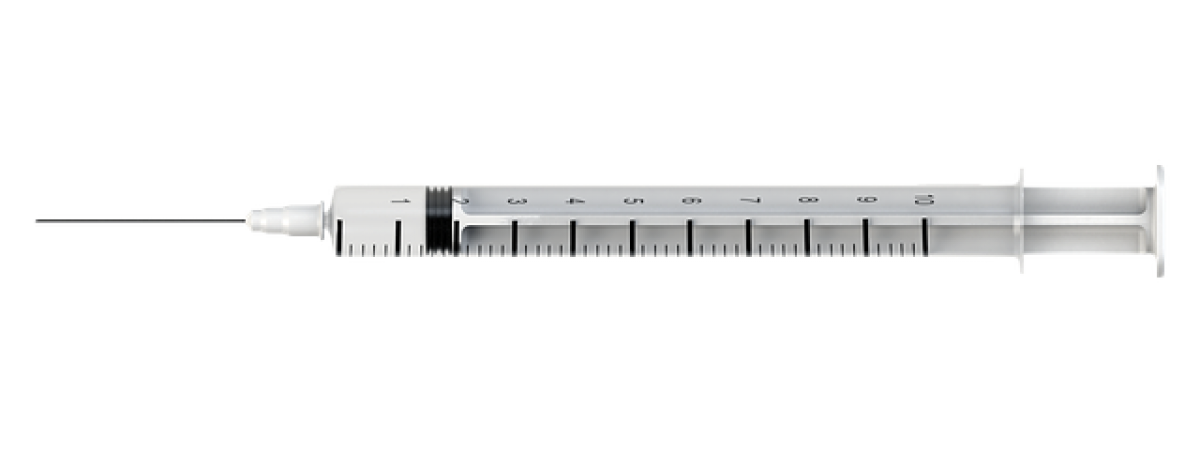Focus on fentanyl: friend or foe?

Fentanyl provides potent pain relief when morphine won’t work. It’s also useful in anaesthesia, and, as I found in a scientific research project, may help strengthen damaged heart cells. Used illicitly, though, it can kill.
Fentanyl - the friend to the person in pain
Fentanyl is only used when the pain is severe; as a nurse, I have seen it really work. It may be administered into a vein, applied as a sticky patch, taken as a tablet, sucked as a lozenge or sprayed into the nose.
Like morphine, fentanyl works by binding to receptors in the brain to relieve pain; it can also block pain messages travelling in the spinal cord to the brain. This makes it useful as part of an epidural, perhaps in abdominal surgery.
In pain caused by cancer, fentanyl patches and tablets may provide relief from the persistent pain, and a fentanyl nasal spray can be used to beat breakthrough pain (a sudden temporary flare of pain).
Fentanyl – the friend to the person on the operating table
When you’re having an operation, you need a drug that will cause analgesia (pain relief), amnesia (loss of memory) and unconsciousness. Being able to achieve all of these, fentanyl’s first approved use was as an anaesthetic drug in the 1960s.
Because it acts so quickly, fentanyl is often used to help send you to sleep; it’s then used in combination with a general anaesthetic to ensure you stay asleep. Using a mixture of drugs allows lower doses of each to be used, lessening the risk of possible side effects; fentanyl also acts on the heart as well as the brain, reducing the racing heart that might otherwise occur in response to surgery.
Fentanyl – the foe to the illicit drug user
Prince, the singer, is thought to have died after an accidental fentanyl overdose; 10,000 people die each year in the United States after taking fentanyl illegally; dozens have died in the UK. A drug related to fentanyl (though much, much stronger) was probably used in the Moscow theatre hostage crisis in 2002, killing up to 200 people.
Prince, the singer, is thought to have died after an accidental fentanyl overdose
Used illegally, fentanyl is aptly known as “the drop-dead drug” or the “serial killer”. When it’s misused, fentanyl can stop you breathing and send you into a coma.
The “fight against fentanyl” has begun though: a Canadian Police Force has released a series of hard-hitting videos of the same name, to show how they are hoping to get the deadly drug off the streets; scientists meanwhile are seeking more potent antidotes, and even a vaccine that might stop the drug reaching the brain in addicts.
Fentanyl – the future?
I studied fentanyl for my PhD in 2002, but never published the results – until now.
It’s known that fentanyl acts on the heart as well as the brain. In my research, I wanted to test whether these effects of fentanyl might be useful after a heart attack, when your heart cells are often weakened and beating less strongly because they’ve been deprived of oxygen and exposed to toxic products in your blood.
Looking down a microscope at single beating heart cells (amazing in itself), I discovered that fentanyl helped the cells beat more strongly. It will take a lot more science to move these results from the bench to the bedside, but it’s because of results like these that I remain fascinated by fentanyl.
